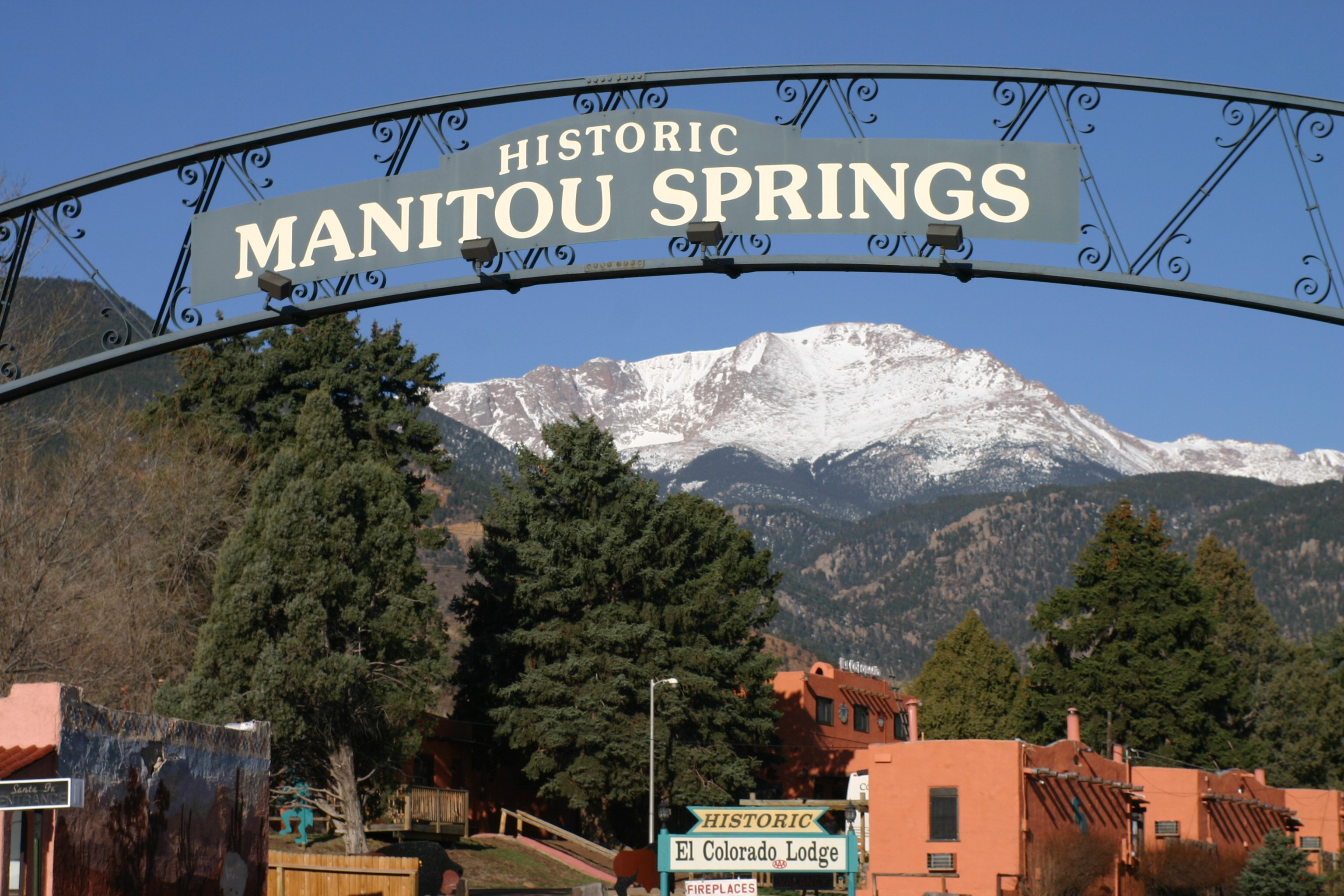2024 IARPT Conference: June 17-20

Learning, Teaching, and Inquiry: Naturalist Theories of Learning in Religion and Beyond
Place: Manitou Springs, Colorado
Dates: June 17-20, 2024
Program Chairs: Brandon Daniel-Hughes and Scot Yoder
Location: Community Congregational Church of Manitou Springs
Plenary Lecturers: Douglas R. Anderson, Wesley J. Wildman, and Nathaniel F. Barrett
The Institute for American Religious and Philosophical Thought (IARPT) is pleased to announce its 2024 meeting, which will be held at the Community Congregational Church in Manitou Springs, Colorado on June 17-20, 2024. The theme of the meeting is Learning, Teaching, and Inquiry: Naturalist Theories of Learning in Religion and Beyond. Keynote and plenary speakers include Douglas Anderson, Wesley Wildman, and Nathaniel Barrett. The theme of the 2024 IARPT meeting is Learning, Teaching and Inquiry: Naturalist Theories of Learning in Religion and Beyond. Central to this theme are questions about the very nature of learning and development, and the various ways of learning and teaching in culturally structured and non-structured contexts. Questions that could be addressed include:
- How are Whiteheadian, Deweyan, Peircean, or Jamesian (to name only a few relevant founding figures) theories of habit change, development, or education still relevant or underdeveloped?
- What do dual-inheritance theories of religion contribute to our understanding of learning or to the discourse about the ‘naturalness’ of religion?
- To what extent does the study of learning by non-human animals (and potentially other non-humans) contribute to our understanding of human learning?
- Is there anything distinctive about religious learning and teaching other than its subject matter?
- To what extent can naturalistic theories of learning upend traditional distinctions between nature and nurture?
- Given the emergence of AI, at what levels of analysis is it meaningful to speak of systems that learn? To what extent might groups of people, lineages, or even entire species learn? Is it even meaningful to speak of nature itself as learning?
- Does science deserve its privileged position as a mode of inquiry and learning?
- How intuitive (easy to learn) is religious naturalism when compared to non-religion or non-naturalistic religions?
- How might philosophies of learning relate to theories of belief and/or habit acquisition in humans and beyond?
While this conference is NOT aimed at exploring classroom pedagogies, the organizers invite proposals that consider the wider ramifications of naturalistic conceptions of learning as these relate to the following topics:
- Teaching and Learning techniques developed within particular religious traditions
- The phylogeny and ontogeny of learning and religion
- Religious naturalism in contemporary universities
- Naturalist modes (plural?) of inquiry in secular societies
- The role of cognitive and/or cultural biases in learning
These lists of questions and potential paper topics are intended to be suggestive, not exhaustive. Proposals pertaining to related questions are also welcome. Moreover, as always, we will consider proposals that are related to the intellectual traditions that are of special interest to IARPT (e.g., empiricism, naturalism, pragmatism, process philosophy, and liberal theology).
While IARPT meetings have traditionally been structured around paper readings of approximately twenty minutes and a few longer invited keynote lectures, we invite creative approaches to conference sessions. Proposals for panels, debates, discussions, fishbowls, etc. are highly encouraged.
Proposals should contain a descriptive title and a brief (no more than 500 words) but informative and readable description of the paper to be presented, with some indication of why the proposer considers the paper to be an important contribution. Proposals should also include a brief (150-word) biographical sketch of their authors.
Applicants should also note that the conference is in-person and we are committed to maintaining the collegiality that IARPT meetings are known for. For this reason, we are not accepting proposals for papers to be delivered remotely or virtually.
All proposals should be sent in Word format to the program chairs: Brandon Daniel-Hughes (brandon.daniel-hughes@johnabbot.qc.ca) and Scot Yoder (yodersco@msu.edu). The deadline for submissions is March 25, 2024.
Potential funding for travel and lodging is available in the form of the W. Creighton Peden Scholarship; please click here for more information, and please indicate your interest in this option upon the submission of your proposal.
Register for the conference here.
Download the conference schedule here.
Again, the meeting will be held at the Community Congregational Church in Manitou Springs. We suggest booking your hotel reservations for the conference at either the Villa Motel (5 minute walk from the church) or the Cliff House (7 minute walk from the church).